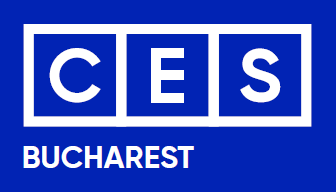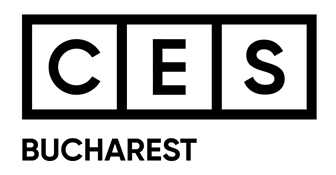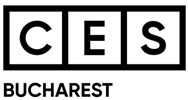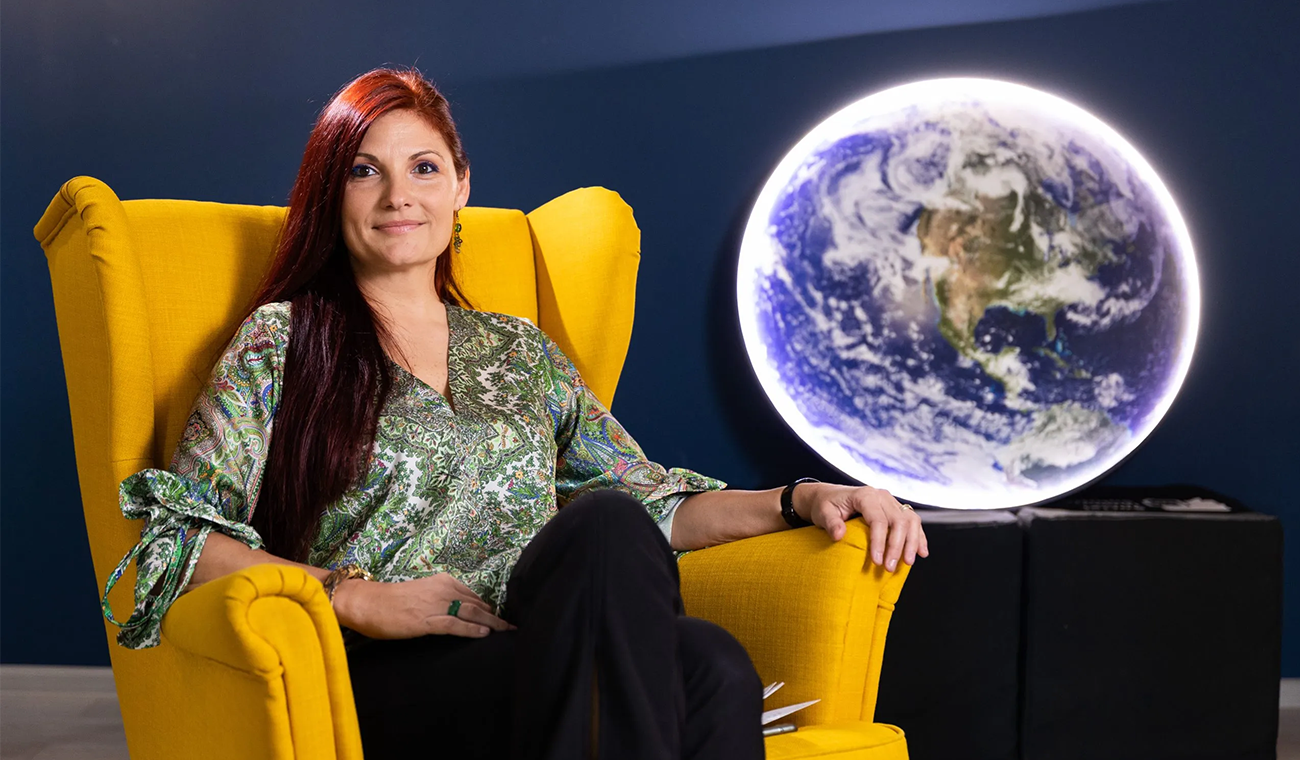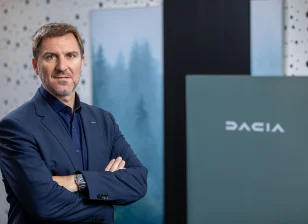Driving Change: How Autonom Turns Mobility Challenges into Sustainable Advantages
In an industry inherently tied to emissions, Magdalena Caramilea, Sustainability Director at Autonom Group, one of Romania’s leading providers of mobility and financing services, sees opportunity where others see constraint. Guided by a bold decarbonization roadmap — aiming for -30% emissions by 2028 and -55% by 2030 — Autonom is redefining what responsible mobility looks like. Beyond green technologies, Caramilea emphasizes the power of culture, education and authentic partnerships in driving long-term transformation. From empowering local teams to lead sustainability efforts, to linking financial performance with ESG outcomes through sustainability-linked bonds and green loans, Autonom has turned compliance into a catalyst for innovation and trust. Looking ahead, Autonom envisions a pragmatic yet ambitious Romania, where adaptability, collaboration and learning fuel the country’s green transition — and where companies like Autonom act as both participants and architects of a more sustainable ecosystem.
CES Bucharest interview with Magdalena Caramilea, Sustainability Director, Autonom Group
Autonom has a business model based on mobility and services. How do you integrate decarbonization and green transition objectives in a sector that, structurally, generates emissions?
It is true that mobility, by its very nature, generates emissions — but it is precisely this reality that brought us here and motivated us to become an active part of the transition. At Autonom, we follow a clear transition plan for our fleet, initiated in 2021 through our Sustainability Strategy, revised in 2024, with publicly assumed targets: -30% emissions by 2028 and -55% by 2030.
We adjust our fleet structure in real time, depending on impact, existing infrastructure and the real needs of our customers, including those of our sales and management teams, who test and directly promote electric mobility through their own experience. We are an organization that learns, treating every limitation (for example, reduced range, lack of charging stations in rural areas, charging time, lack of predictability in resale value, resistance to various costs) as an opportunity for improvement.
We have installed charging stations at our branches where possible and we have supported partners operating in these green transition sectors by financing the necessary equipment through operational leasing. We create dedicated products, we test, innovate, adapt, exercise patience and closely monitor developments at the macro level.
More important than what we offer is how we behave as a responsible partner within an ecosystem undergoing continuous change.
What is the real differentiator in sustainability: investments in green technology or changing organizational culture and customer behavior?
It’s a dual approach. Investments in green technology are essential, but without an aligned organizational culture, they remain just financed equipment or KPIs on paper. At Autonom, around 90% of decisions are made by local teams, we rely on distributed leadership and encourage autonomy.
We want sustainability to become a natural way of working, not a separate department. “Culture eats strategy for breakfast”, as Peter Drucker said, and we believe in that truth. Culture is the sum of employee behaviors that drive, reflect, and reinforce those same behaviors both at work and at home.At Autonom, we focus on:
- Projects with community impact, that convey our authentic commitment to a greener and more socially equitable future. The Autonom Foundation has been actively involved in educational projects, surpassing 1,300 initiatives over its 13 years of activity.
- Continuous education for employees — from operational colleagues in branches to management teams.
- Genuine dialogue with clients, offering not just a product, but a long-term partnership and a responsible alternative.
Transformation happens when the client also understands that choosing an electric vehicle, for example, is not only an environmentally friendly option, but also a strategic one, in terms of costs, financial predictability, reputation and strengthening their own value chain.
